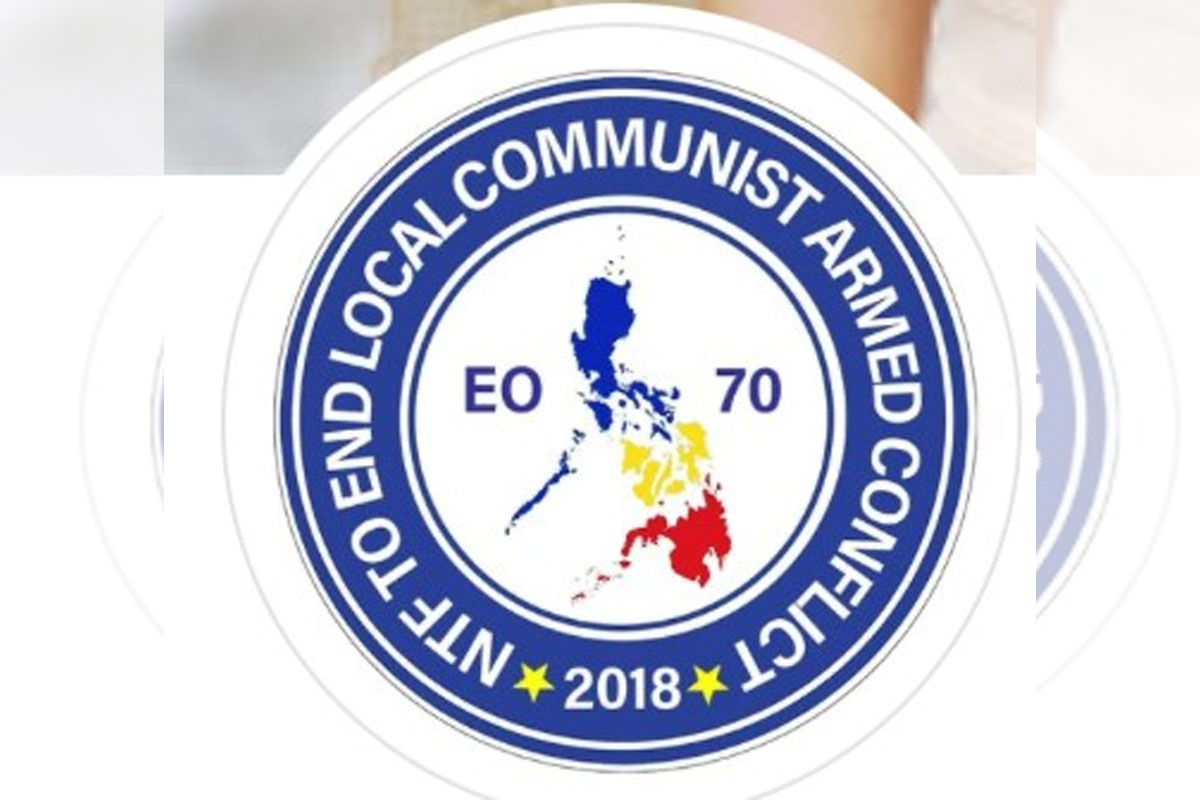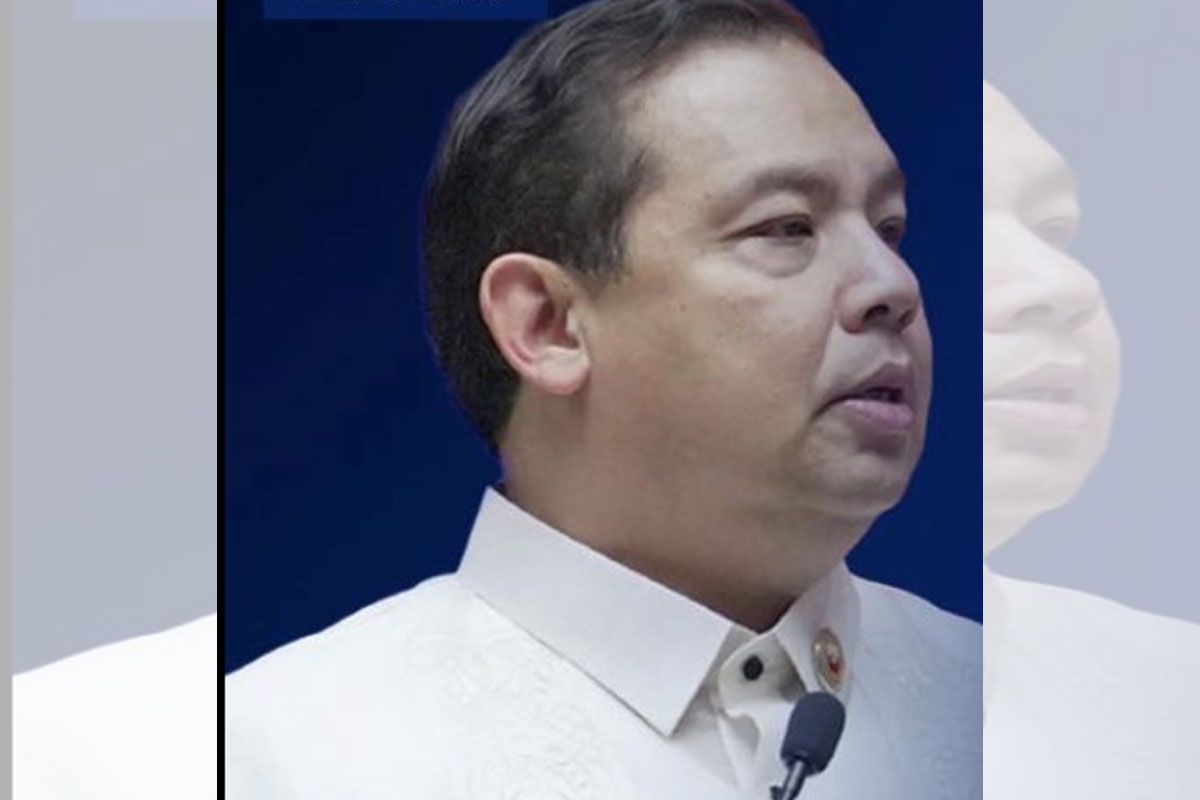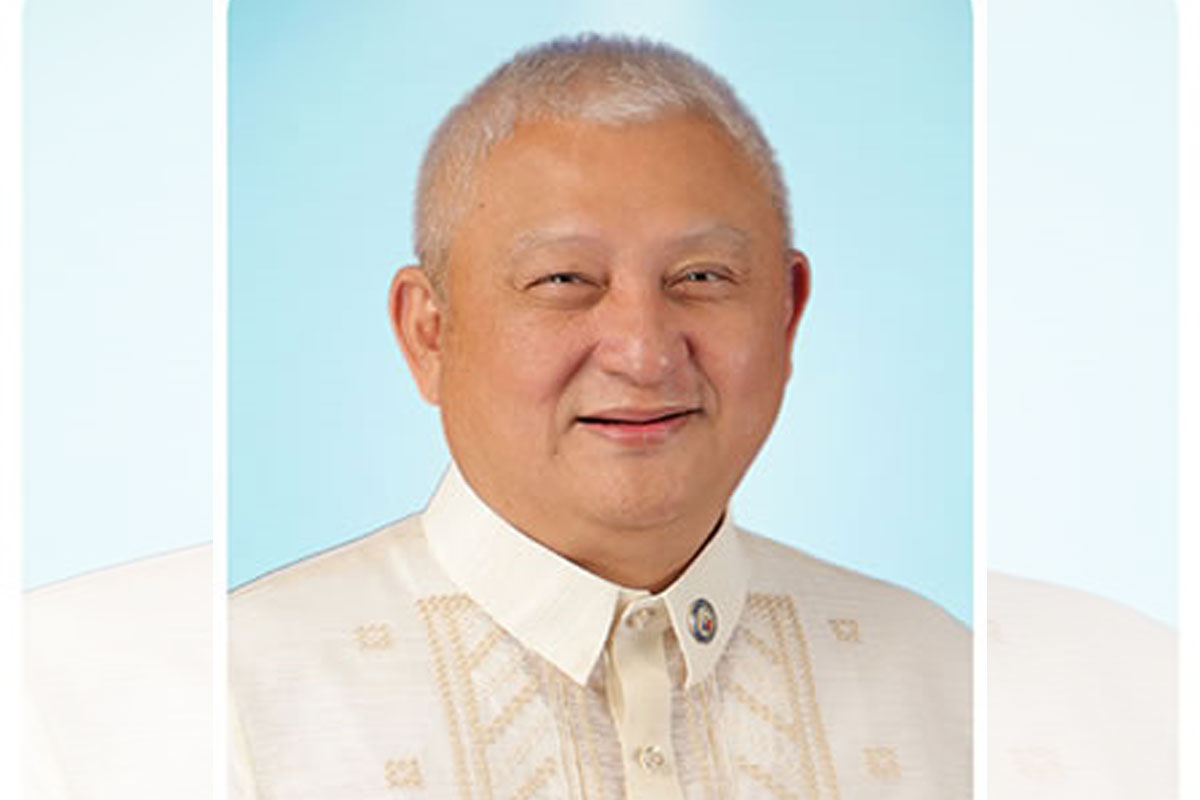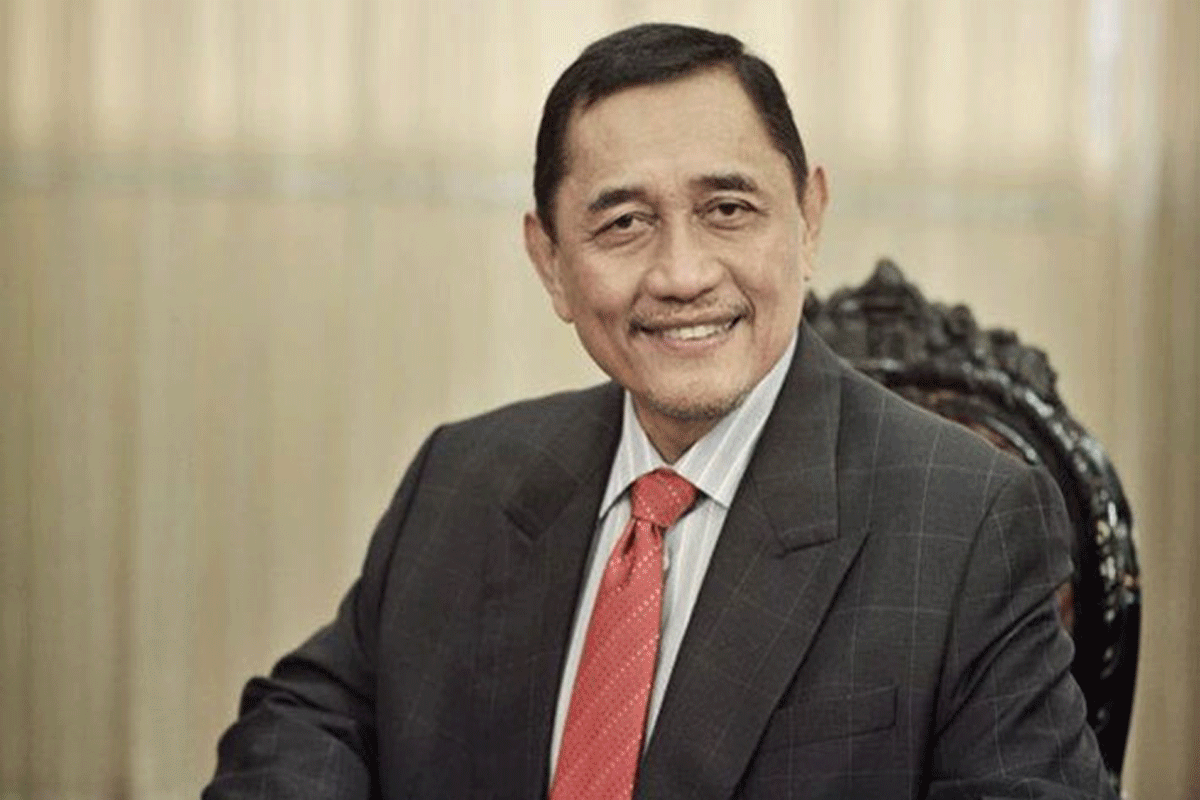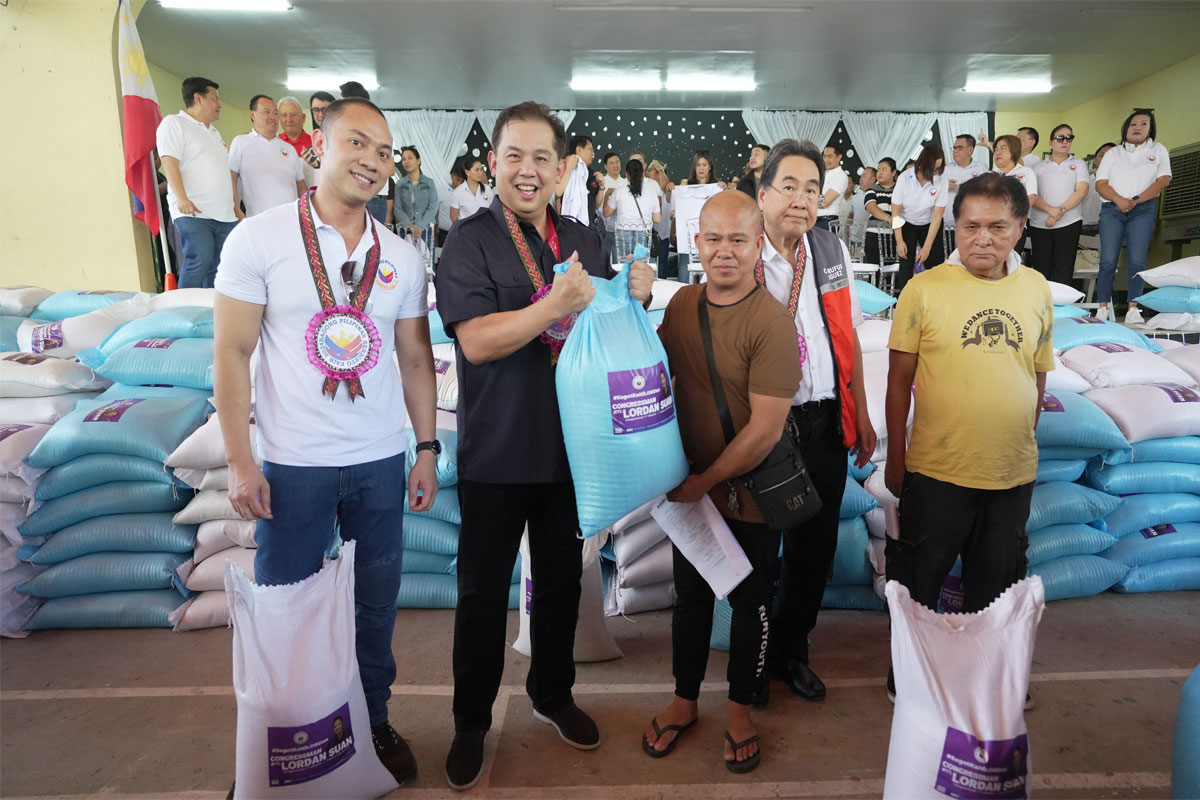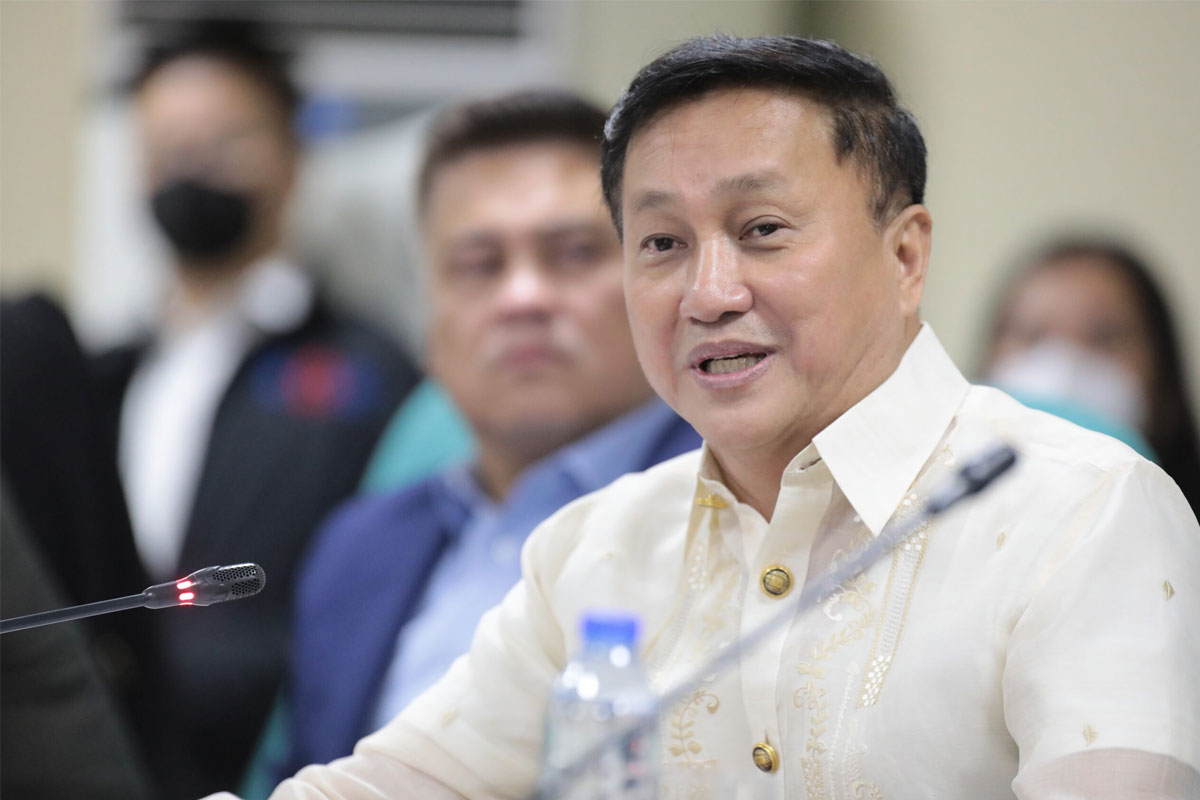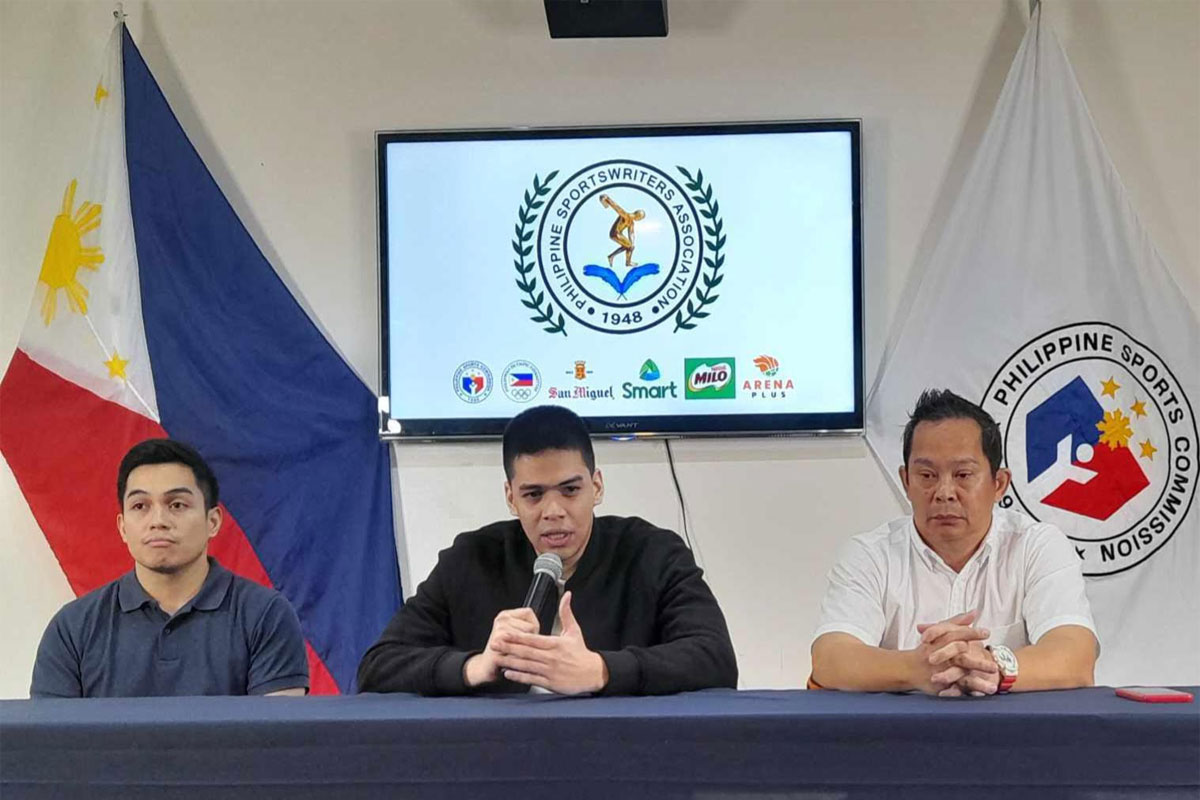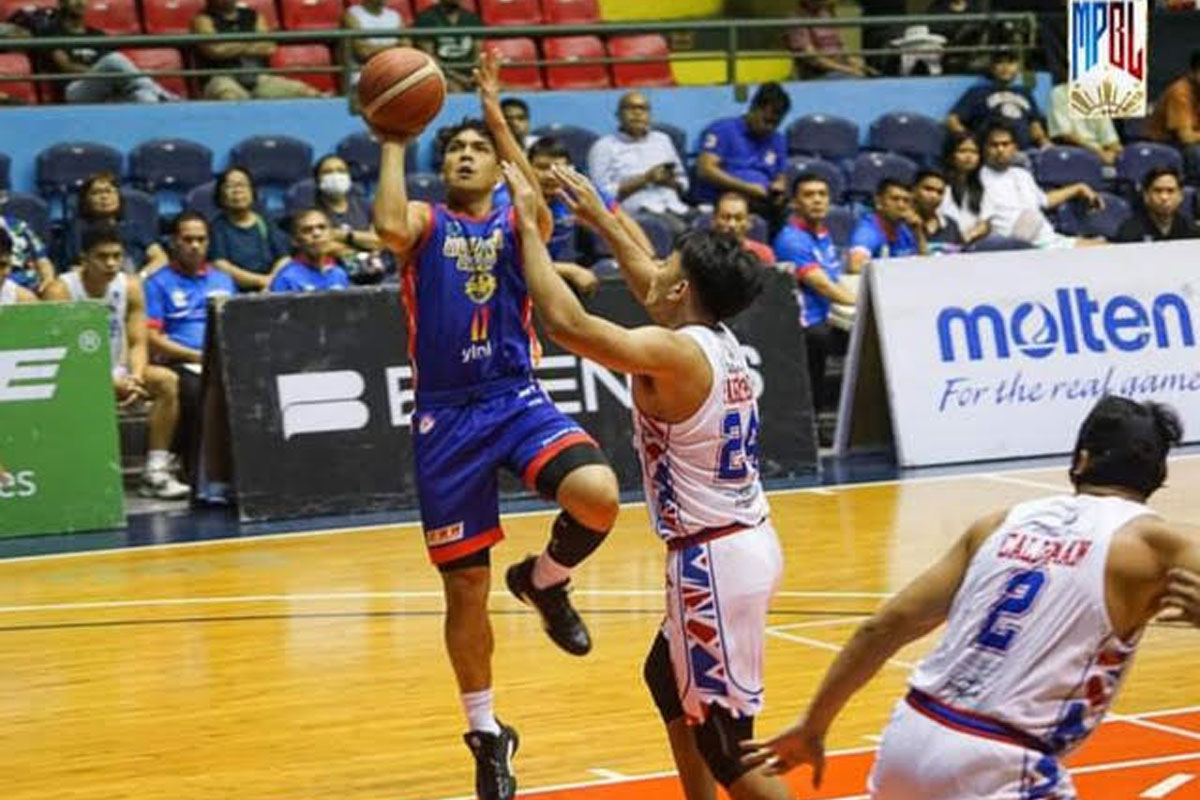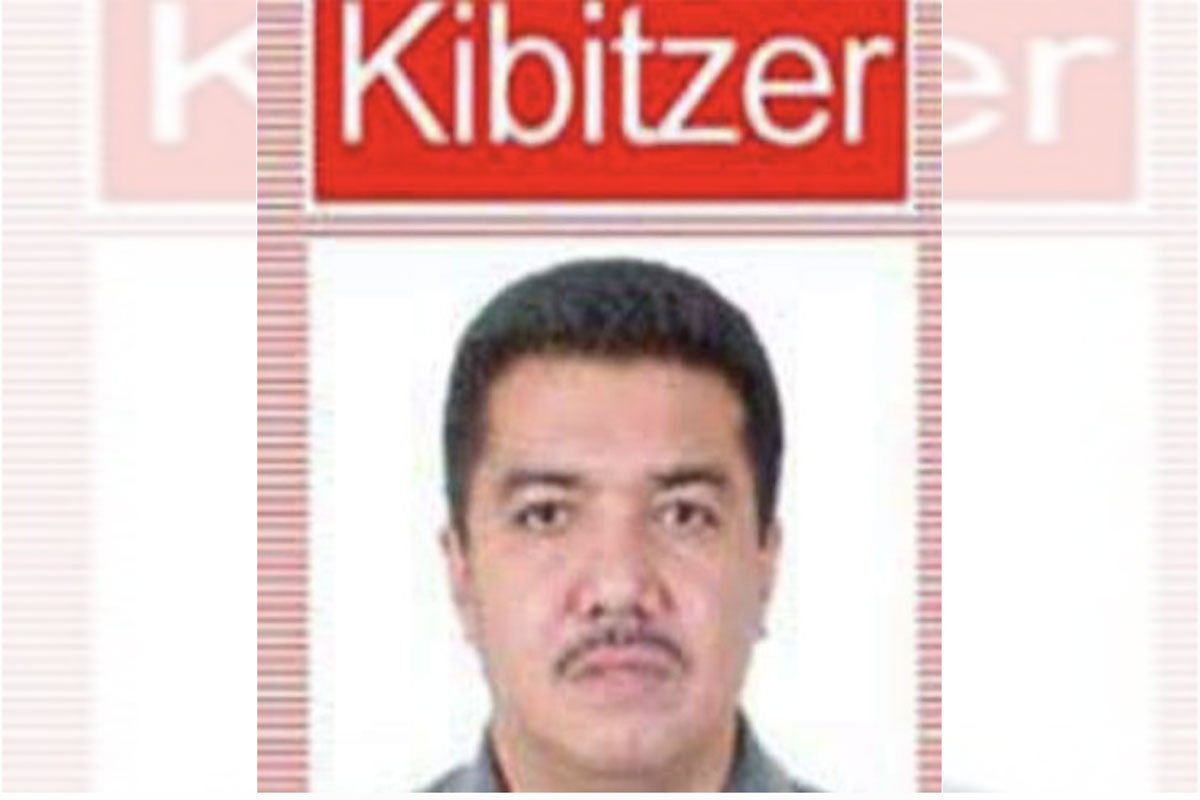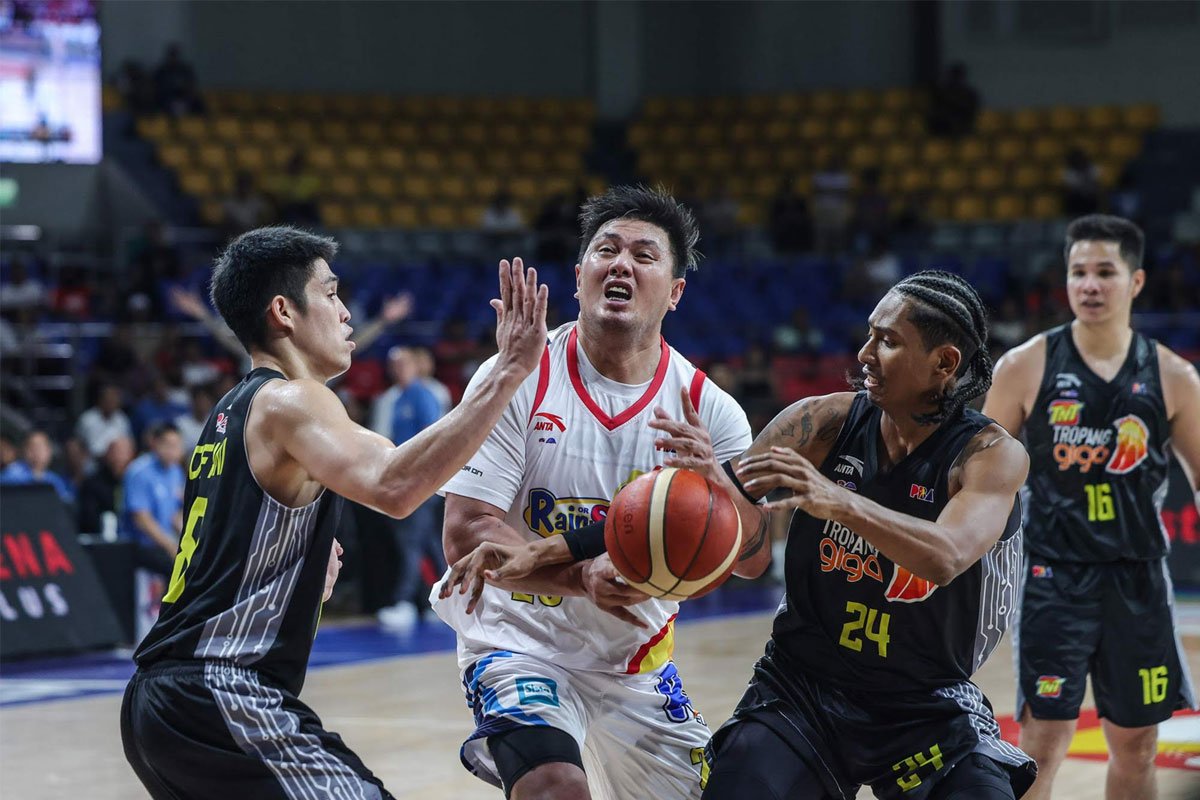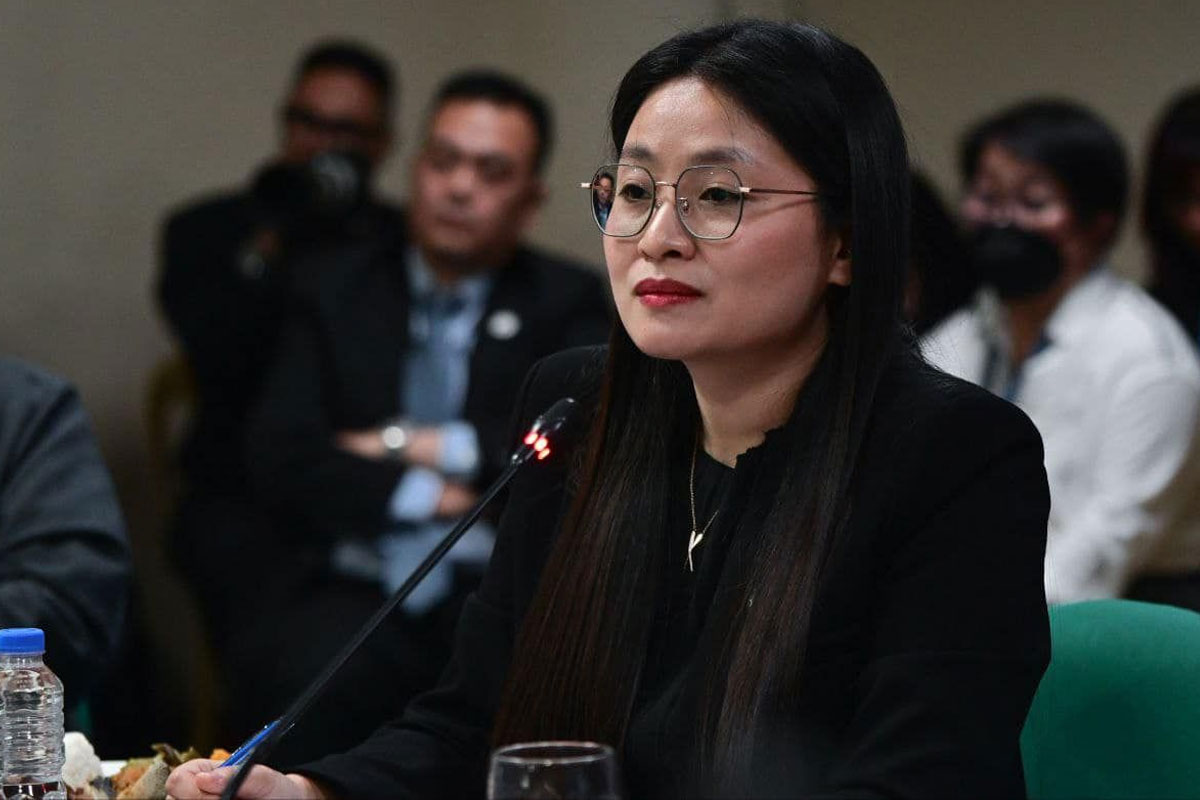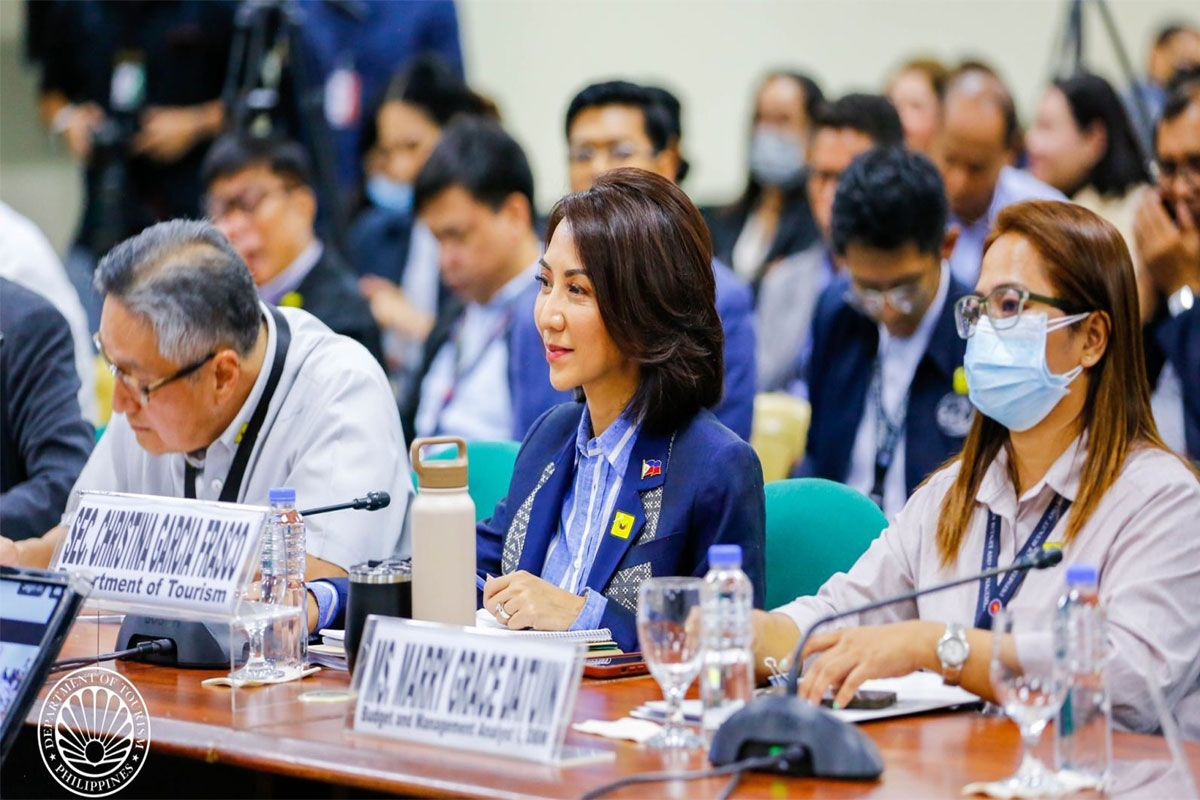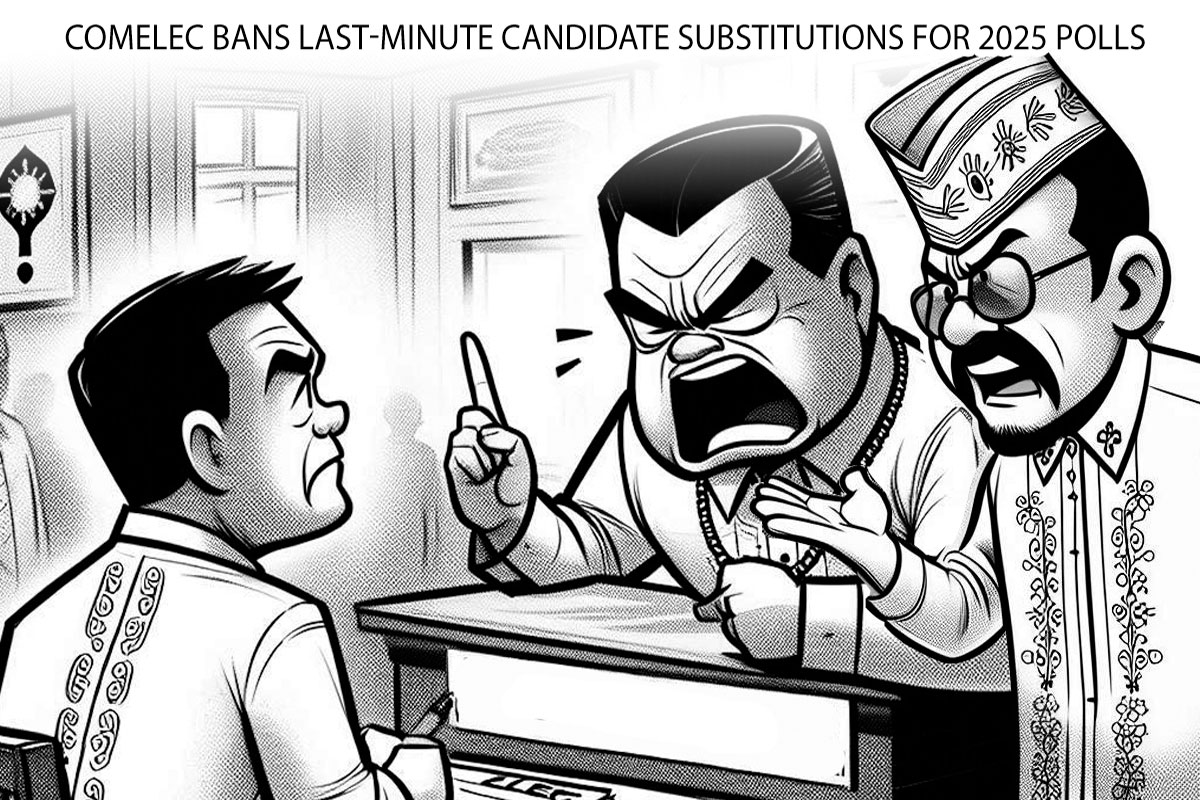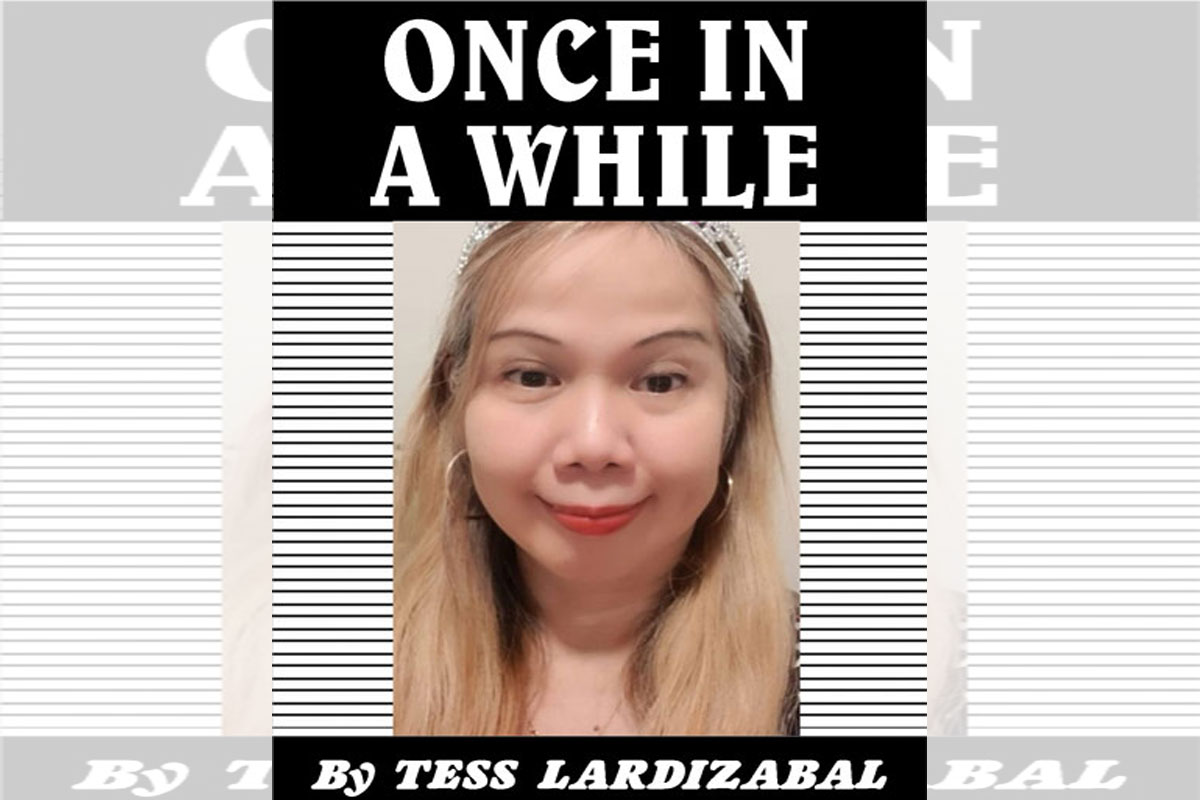
Media, government, must partner to address human rights issues
 BELOW is an abridged version of the welcome speech yours truly, as president of the National Press Club (NPC) is to deliver this Tuesday, December 14, 2021, on the occasion of the 1st ‘Philippine Human Rights Assembly’ where the NPC has been invited.
BELOW is an abridged version of the welcome speech yours truly, as president of the National Press Club (NPC) is to deliver this Tuesday, December 14, 2021, on the occasion of the 1st ‘Philippine Human Rights Assembly’ where the NPC has been invited.
On behalf of the National Press Club of the Philippines (NPC), one of the country’s oldest but biggest organization of active members of the press, I extend our warmest congratulations for the holding, and for being a part of, this very important event.
To my mind, this is the first time that major Philippine people’s and civic organizations, the media included, have gathered together to show genuine concern and solidarity in the struggle for upholding the importance of human rights in all its aspects.
This would also be the first time that Philippine mass organizations—with real members and real people– are standing up together to assert, defend and uphold human rights because it is their duty as human beings and not because they intend to profit from it, especially from gullible donors and organizations abroad.
Indeed, the theme of this year’s international observance of human rights last December 10, as declared by the United Nations, ‘Reducing Inequalities, Advancing Human Rights,’ is most fitting for this gathering as we started to address here the inequality of representation of human rights defenders in the country in international forums.
As for the Philippine media, it is true that dozens in our ranks have fallen, others were threatened, physically harmed and still others jailed, for exposing mostly government corruption and abuses.
However, everyone recognizes that they are part of the risks that go with being a member of the press anywhere in the world. In other words, to claim that only the Philippine press is the most threatened or under siege is false.
There are two sad developments in the Philippine media that went unnoticed for many years now—and which greatly contributed to violations of press freedom in the country. The first is the politicization of its ranks and the second, the prostitution of the profession.
Both are major factors in the Philippine media’s consistent inability to stick to the truth and to be objective in its news reporting. And with the loss of respect and credibility comes the greater risk of violence and attacks against the members of the press.
Exacerbating the situation is the fact that Philippine media hardly comes under government regulation compared to its regional neighbors, for instance.
Indeed, it is only in the Philippines where anyone and anybody can claim that he, or she, is a “member of the press” by printing his/her own press card. Some so-called ‘media entities’ never even bother to have them registered with the government. Or, having registered as a business enterprise, they went on to violate their franchise and registration with impunity.
The Philippines having the ‘freest press’ in Asia has also long been exploited by radical and terrorist elements and by paid local agents of foreign vested interests who, incidentally, are the “noisiest” groups in the international community in painting black the real status of the Philippine media.
When found out or taken to task by the authorities for violating the law, like for example, receiving funding from foreign entities despite this being strictly banned by the Philippine Constitution or, when they are found as actually members of local terrorist groups like the Communist Party of the Philippines masquerading as journalists, they would claim that the media is “under government attack.”
And it is a marvel indeed, they are believed by the international community to the point of awarding the Nobel Peace Prize to someone whose career as a journalist cannot really stand up to the Philippine Journalists Code of Ethics under close scrutiny.
This is the real reason why that person is now facing many legal cases and already convicted for cyber libel last year and not because democracy and press freedom is dead in this country.
As for the NPC, we have long come to the conclusion that while condemning the government for inaction or incompetence in solving cases of media killing is just and right, there is really no choice for both sides but to partner together in addressing the complex issues affecting press freedom and freedom of expression in the Philippines.
There is no point of forever condemning the government and be isolated from its works when at the end of the day, only the government has the resources and the authority to bring to justice the perpetrators of violence against the members of the press.
Thus, the NPC welcomes President Duterte’s issuance of Administrative Order No. 1 in October 2016, creating the Presidential Task Force on Media Security (PTFoMS), the first of its kind in the world.
The usual naysayers and the forever pessimists in Philippine media have consistently downplayed the task force and its accomplishments—despite being part of it when it was created.
Of course, no one here is no longer surprised over the continuing demonization of the task force. It is expected, as mercenary groups and individuals in Philippine media have much to lose in terms of reduction or even an end to foreign financial support to their “cause,” whatever it is, should the task force succeed.
The task force may still have its shortcomings but the fact of the matter however is that AO No. 1 is a major step in addressing violations of press freedom in the country and we at the NPC recognize the passion and dedication of the men and women behind it.



